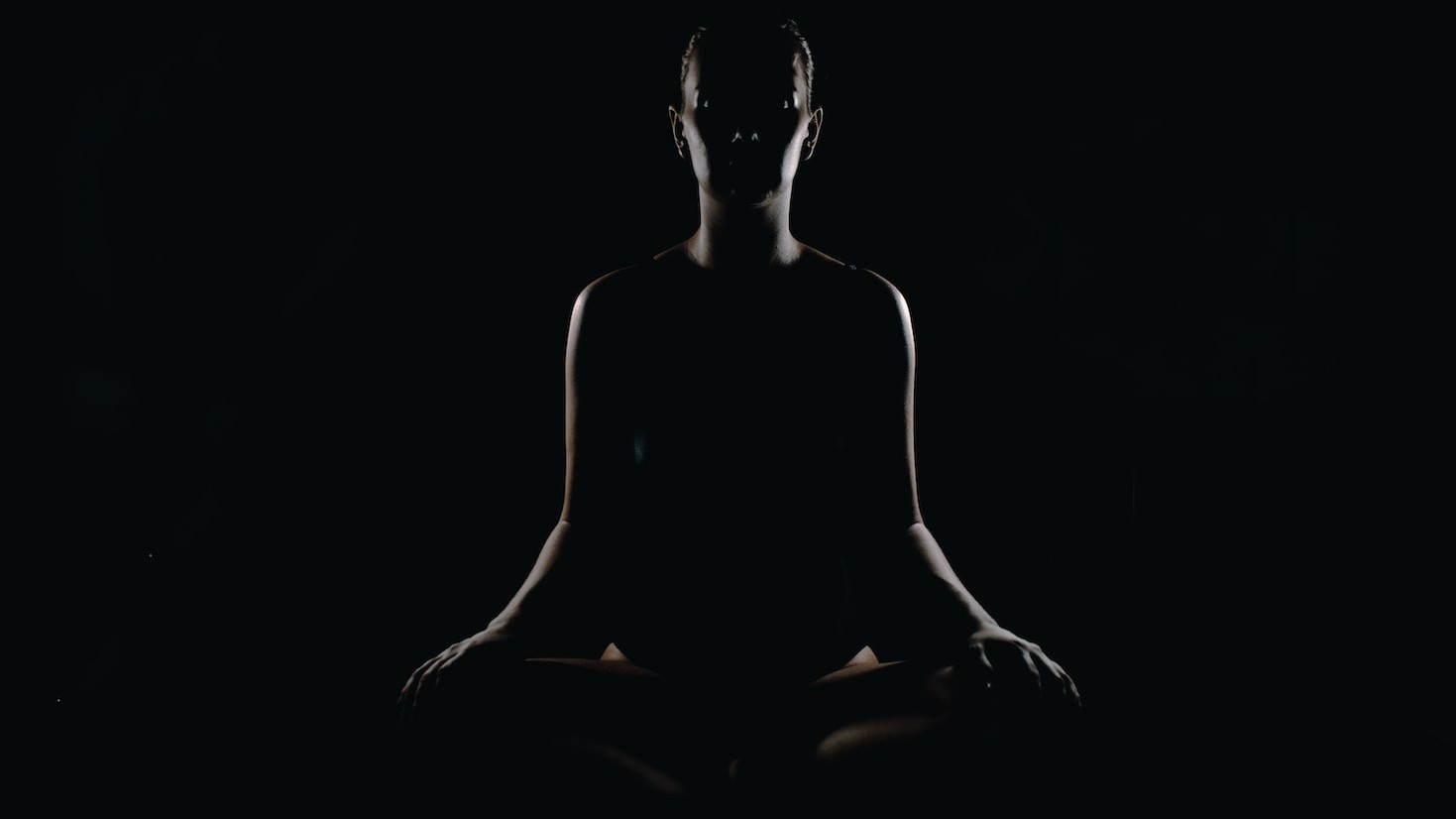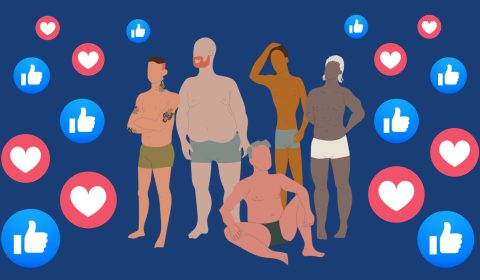New evidence suggests that daily meditation is as effective at treating restlessness, feelings of worry or dread, and sleep problems as a regularly prescribed antidepressant.
Amid the ongoing mental health crisis, openly discussing how we’re feeling has never been more important.
Fortunately, spaces encouraging conversation are becoming increasingly widespread. Improved dialogue has opened doors to new, more diverse treatment, with greater research into causes, symptoms, and possible support options.
In an effort to pivot away from traditional quick-fix prescriptions, some experts are branching out and examining other alternatives beyond just therapy.
This year alone, we’ve seen Canadian healthcare practitioners tell patients to immerse themselves in nature, researchers confirm that music is as beneficial for mental health as exercise, and UK scientists begin looking into how swimming in cold, open water could potentially replace antidepressants in the near future.
More recently, it’s been revealed that mindfulness may work just as well as medication to curb anxiety, which affects about 301 million people around the world, as uncovered by Lancet Psychiatry.
This is according to a study published in JAMA Psychiatry earlier this month.
138 adults with untreated anxiety disorders were asked to take 10 to 20 mg of escitalopram and 138 others took an eight week course in mindfulness-based stress reduction. This involved techniques such as breath awareness, body scanning, and mindful movement. The study found the outcome of both interventions to be exactly the same.
It also discovered, an equal decline of about 30% in the severity of participants’ debilitating symptoms.
In short, evidence suggests that daily meditation is as effective as regularly prescribed antidepressant at treating restlessness, feelings of worry or dread, and sleep problems.
Meditation is notorious for calming anxiety, but this is the first instance in which it’s been proved to successfully manage it.
‘Escitalopram is a great drug; I prescribe it a lot, but it’s not for everyone,’ says lead author and the director of the Anxiety Disorders Research Program at Georgetown University Medical Center, Elizabeth Hoge.
It’s her belief that meditation could be prescribed in lieu of medication for patients who experience severe side effects, have allergies, or are wary of taking prescription drugs.
For this reason, Hoge stresses she isn’t implying meditation replace escitalopram, rather that insurance companies should consider covering mindfulness-based interventions for anxiety so the treatment can become more widely available.
‘The fact that we found them to be equal is amazing because now that opens up a whole new potential type of treatment,’ she finishes.

















